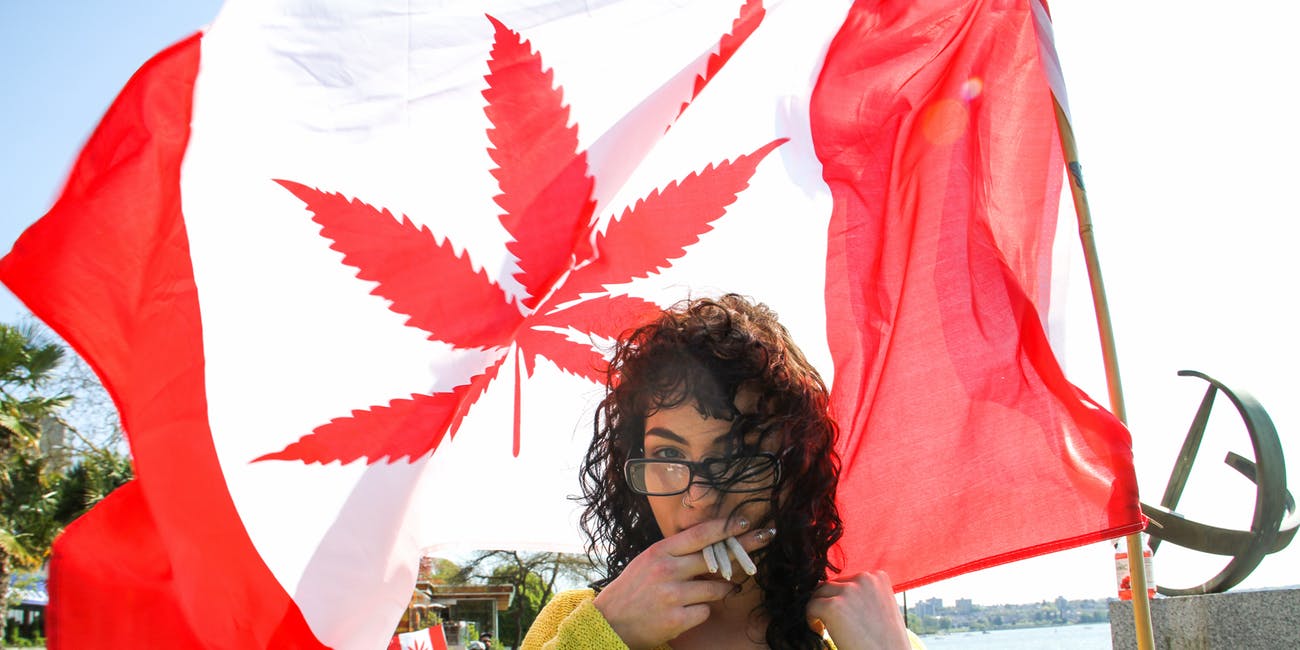You are here
Home 🌿 Marijuana Business News 🌿 Events that shaped Canada's cannabis industry in 2019 🌿Events that shaped Canada's cannabis industry in 2019

In October of 2018, Canada became the first G7 country to legalize recreational cannabis, and was only the second to fully legalize in the world after Uruguay. In the year to follow, Canada truly became a leader in the cannabis industry by showing the rest of the world what to do, and also what not to do. The year 2019 was certainly no walk in the park for marijuana businesses, or their patrons, but we’ve all learned some lessons through Canada’s cannabis growing pains. Here is a trip down memory lane at just a few of the top stories that shaped Canada’s cannabis landscape in 2019:
The battle between legal and black market prices
Even with cannabis legally available online and in stores across the country, the illicit cannabis market in Canada continued to thrive. This was largely due to product shortages and wait times for people who had purchased cannabis legally online. It was also due to the high prices of legal cannabis. Statistics Canada found that the average price per gram of legal cannabis was $9.70 while on the illicit market a gram may only cost $6.51, a near 50 percent price difference. Prices have not changed much since the beginning of 2019, but cannabis has become more accessible with more storefronts opening so we’ll have to see if 2020 will bring lower prices and more people to the legal market.
Atlantic Canadians buy the most legal cannabis
Canadians in Atlantic Provinces, including Newfoundland, Prince Edward Island, Nova Scotia and New Brunswick purchased the most legal cannabis per capita according to Statistics Canada. Industry experts attributed the success in Atlantic Provinces to their preparedness ahead of legalization.
Cannabis shortages plague the nation
Cannabis producers and retailers across Canada have struggled throughout the year to supply consumers with product which industry experts say will likely last a few years. Aurora Cannabis Inc’s CEO Terry Booth suggested that it would be close to five years before the country has an oversupply issue. While some supply issues have been sorted out through the course of 2019, supply issues in the legal market continue to push consumers back to the illicit market.
Ontario pharmacists take mandatory cannabis education course
The Ontario College of Pharmacists announced to its members earlier in 2019 that a mandatory cannabis education course must be completed in order to continue practicing in the province. Though Canada has had legal medical cannabis since 2001, the course follows recreational as people come to doctors and pharmacists with questions about cannabis use. The College wants to ensure that patients are getting accurate information from its members. The course needs to be completed by March 27, 2020.
NHL Alumni Association partners with Canopy Growth
In March 2019, the NHL Alumni Association announced it would be partnering with major Canadian cannabis company, Canopy Growth, to help former NHL players. The program began in the summer of 2019 and is expected to conclude in the summer of 2020. The study is led by neurosurgeon of NEEKA Healthcare, Dr. Amin Kassam, and is examining how certain marijuana compounds can treat illnesses associated with concussions. Hopefully the findings will help not only former NHL players, but anyone suffering from illnesses associated with concussions.
Canadians with simple cannabis convictions can apply for a pardon
Later in 2019, the Canadian federal government introduced bill C93 which allows Canadians who have simple cannabis possession convictions to apply for expedited pardons for free. People with simple possession conviction would formerly have to wait five years and pay the parole board. This was a particularly significant bill for many minority communities in the country who have historically been disproportionately affected by cannabis laws. Currently, the law still does not pardon anyone still serving a sentence for a cannabis conviction.
Edibles are now legal
Of course, one of the most exciting events to take place in the Canadian cannabis industry in 2019 was the legalization of edibles. Canadians are now able to purchase anything from gummy candies, beverages and baked good. Consumers are also able to purchase topical oils and balms meant to be used on the skin for pain relief.
420 Intel is Your Source for Marijuana News
420 Intel Canada is your leading news source for the Canadian cannabis industry. Get the latest updates on Canadian cannabis stocks and developments on how Canada continues to be a major player in the worldwide recreational and medical cannabis industry.
420 Intel Canada is the Canadian Industry news outlet that will keep you updated on how these Canadian developments in recreational and medical marijuana will impact the country and the world. Our commitment is to bring you the most important cannabis news stories from across Canada every day of the week.
Marijuana industry news is a constant endeavor with new developments each day. For marijuana news across the True North, 420 Intel Canada promises to bring you quality, Canadian, cannabis industry news.
You can get 420 Intel news delivered directly to your inbox by signing up for our daily marijuana news, ensuring you’re always kept up to date on the ever-changing cannabis industry. To stay even better informed about marijuana legalization news follow us on Twitter, Facebook and LinkedIn.




